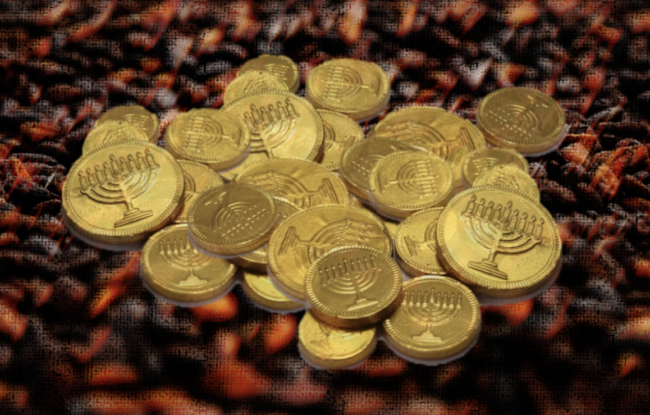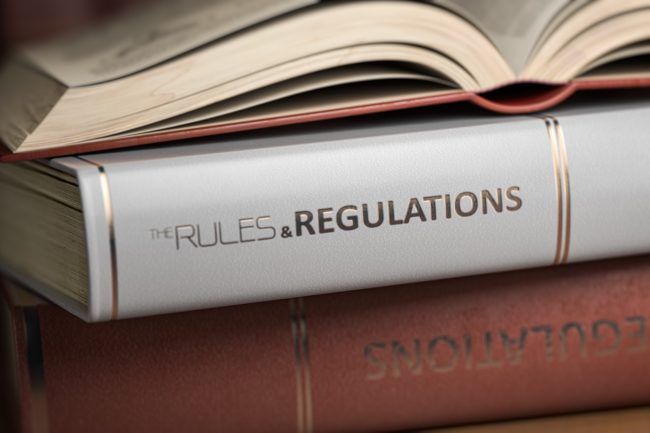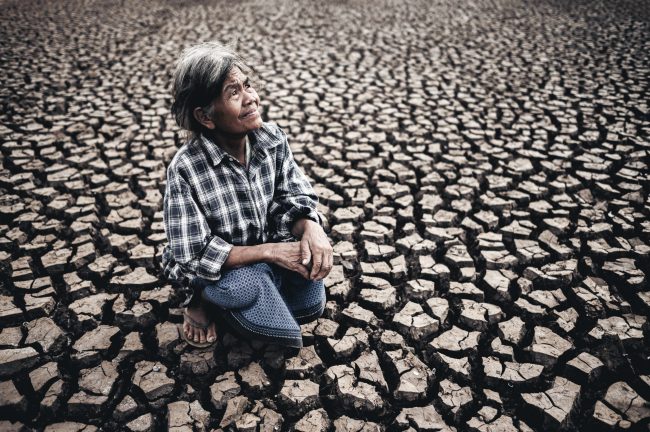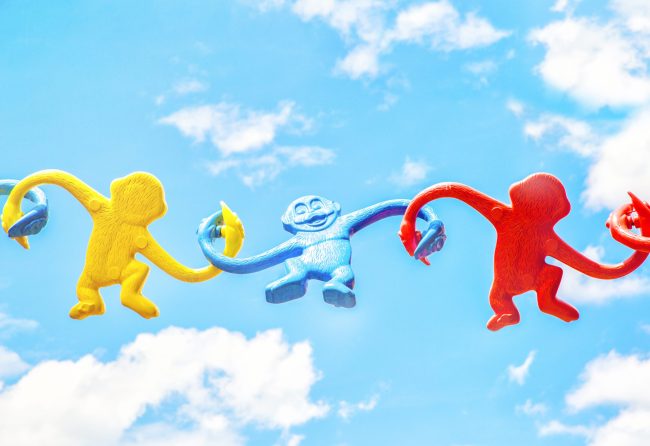Climate Change is Unstoppable, But Stopping it May Be Possible: The Middle-Path Paradox
In an inescapable prison, with daily torture and probable death looming, one man hashed out a paradoxical approach to survival: see the unwinnable situation exactly as it is; yet never lose faith that, in the end, you will prevail.
Climate watchers are finding that this middle path, a slender slope between optimism and pessimism, is a paradox that applies perfectly to the latter Anthropocene.








